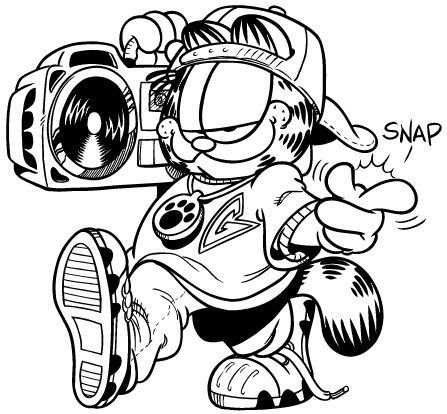Can't Stop Won't Stop: A History of the Hip-Hop Generation
by Jeff Chang
1970's- Present
Ethnicity and Race
Thesis:
Specific examples/evidence that supports the
thesis:
Summary:
The author chronicals the origins of the hip hop movement. Beginning in the gang divided, poverty stricken South Bronx, graffitti, b-boys, djs, and rappers emerged. They were a counter culture, the anti-establishment. In the 1970's the authorities had a hands off approach and hoped that the gangs would ultimately kill each other off. The people who began it all were disillusioned by the way their neighborhoods had been abandoned by the government to fall into violence, drugs and poverty. They used these outlets to build a new identity and find common ground through music and dance parties, and tagging their community.
What does this tell us about Gender in the 1970's - Present day?
What does this tell us about Politics in the 1970's - Present day?
What parts of the book can be applied to lectures?
Blues emerged within the Jim Crow South. Hip Hop came from 70's era South Bronx. A seven mile circle that had lost 600K jobs, 43K residences, 750k residents in the past couple decades. Blocks were divided by rival gangs and there was no work, and that's where hip hop came about.
General Thoughts:
Tagging came about because kids living in the Bronx felt they had no identity, no one who knew or cared who they were. When they would put their mark in public places, people would recognize them, it was their way of promoting and advertising for themselves.
Mixing came about because one DJ noticed how people really danced harder during special moments in the songs and decided to loop them or connect the moments of different songs to keep the dancing going strong.
Afrika Bambaataa carted around his music to join neighborhoods in block parties, trying to bind people past gang lines for a common spirit. He also brought the Zulu nation to his followers, hoping for political support and movement.

When Garfield goes hip hop, they've lost their edge...

Excerpts from Book Reviews:
"But now that some former radicals run a multi-billion dollar global industry that pushes bling over brotherhood and soft-porn-style videos over hard core politics, it's easy to dismiss hip-hop as dead."
My Highlighted Passages:
No comments:
Post a Comment